Resources
A 1000 word essay in response to a Call for Papers on the wider context of your course.
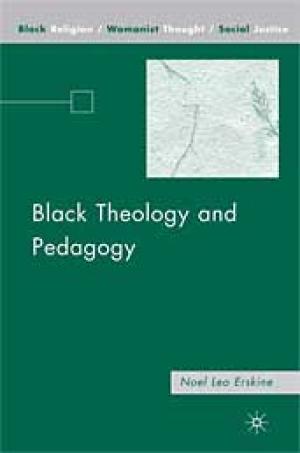
This project proposes to look at the emergence of Black theology as a discipline within the academy and how Black theology may serve as a resource for excellence in teaching. (From the Publisher)
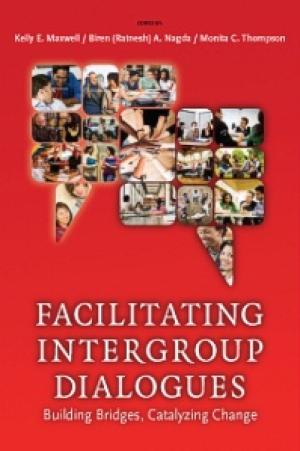
Intergroup dialogue has emerged as an effective educational and community building method to bring together members of diverse social and cultural groups to engage in learning together so that they may work collectively and individually to promote greater diversity, equality and justice. Intergroup dialogues bring together individuals from different identity groups (such as people of color and white people; women and men; lesbian, gay, and bisexual people and heterosexual people), and uses explicit pedagogy that involves three important features: content learning, structured interaction, and facilitative guidance. The least understood role in the pedagogy is that of facilitation. This volume, the first dedicated entirely to intergroup dialogue facilitation, draws on the experiences of contributors and on emerging research to address the multi-dimensional role of facilitators and co-facilitators, the training and support of facilitators, and ways of improving practice in both educational and community settings. It constitutes a comprehensive guide for practitioners, covering the theoretical, conceptual, and practical knowledge they need. Presenting the work and insights of scholars, practitioners and scholar-practitioners who train facilitators for intergroup dialogues, this book bridges the theoretical and conceptual foundations of intergroup relations and social justice education with training models for intergroup dialogue facilitation. It is intended for staff, faculty, and administrators in higher education, and community agencies, as well as for human resources departments in workplaces. (From the Publisher)
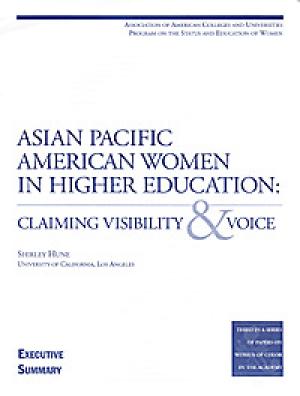
This article examines sexuality, a null curriculum in Asian-American faith communities, and explores pedagogical strategies to move the sexuality discourse to the explicit curriculum. The article first describes the current discussion of sexuality in Asian-American communities, then it critically analyzes the Confucian notion of the body, which has far-reaching influence on Asian-American views about sexuality, including those of Christians. The article then focus on demystification of the body, arguing that demystification is fundamental to Asian-American discussions about sexuality. Finally, it suggests pedagogical strategies for the teaching of sexuality in Asian-American contexts.
This article builds upon the theological insights of feminist and womanist theologians with respect to the sin of self-hate, and explores the ways in which gay male cyberculture inhibits the spiritual development of gay Asian men. 
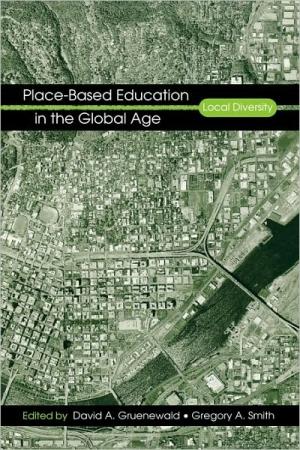
“Polished, clear, insightful, and meaningful.... This volume amounts to nothing less than a complete rethinking of what progressive education can be at its best and how education can be reconceptualized as one of the central practices of a genuinely democratic and sustainable society.... It is the kind of book that has the potential to be transformative.” Stephen Preskill, University of New Mexico “The editors and contributors are pioneers in the field of educational theory, policy, and philosophy.... They are opening new areas of inquiry and educational reform in ways that promise to make this book in very short time into a classic.... The practical applications and experiments included reveal the richness of grassroots initiatives already underway to bring educational theory and policy down to earth. While spanning the richest and deepest intellectual ideas and concepts, the stories told are the types that practitioners and teachers will be able to relate to in their daily undertakings.” Madhu Suri Prakash, The Pennsylvania State University This volume ‚Äî a landmark contribution to the burgeoning theory and practice of place-based education ‚Äî enriches the field in three ways: First, it frames place-based pedagogy not just as an alternative teaching methodology or novel approach to environmental education but as part of a broader social movement known as the “Anew localism”, which aims toward reclaiming the significance of the local in the global age. Second, it links the development of ecological awareness and stewardship to concerns about equity and cultural diversity. Third, it presents examples of place-based education in action. The relationship between the new localism and place-based education is clarified and the process of making connections between learners and their wider communities is demonstrated. The book is organized around three themes: ‚Ä¢ Reclaiming Broader Meanings of Education ‚Ä¢ Models for Place-Based Learning ‚Ä¢ Global Visions of the Local in Higher Education This is a powerfully relevant volume for researchers, teacher educators, and students across the fields of curriculum theory, educational foundations, critical pedagogy, multicultural education, and environmental education. (From the Publisher)
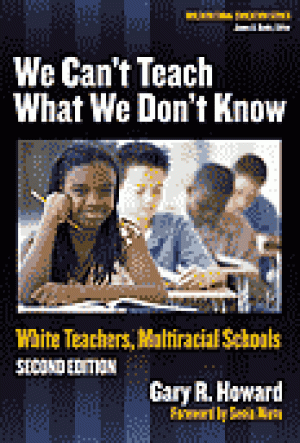
With lively stories and compelling analysis, Gary Howard takes his readers on a journey of personal and professional transformation. From his 25 years of experience as a multicultural educator, he looks deeply into the mirror of his own racial identity to discover what it means to be a culturally competent White teacher in racially diverse schools. Inspired by his extensive travel and collaboration with students and colleagues from many different cultures, We Can't Teach What We Don't Know offers a healing vision for the future of education. (From the Publisher)
An extended set of conversations conducted by three religious studies faculty teaching at large public universities in the Southern United States spurred these reflections on how their institutional locations inflected issues such as the cultural expectations students bring to the classroom, how these expectations interact with the evolving priorities of religious studies departments, and how these factors affect the balance among the various subfields of religious studies and theology that make up such departments.
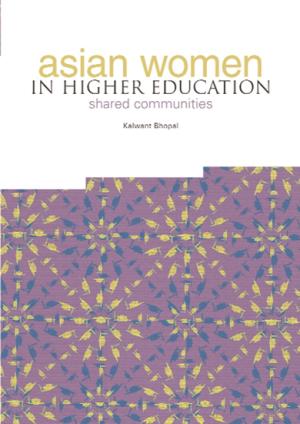
More Asian women are entering higher education in the UK than ever before, and the number looks likely to rise. Their engagement with higher education reflects widespread changes in the attitudes and cultural expectations of their various communities, as awareness grows of the greater long-term value associated with continuing in education. Today they face different challenges and share different ambitions from those of their mothers and grandmothers. This book examines the experiences of young Asian women in higher education and the difficulties they face because they have no shared background of engagement with the British university system. It considers what motivates them to succeed and describes their strategies for building support networks that help them succeed with the university setting and actively shape their lives. Taking a theoretical and empirical perspective Kalwant Bhopal examines the diversity of Asian women's experiences in higher education and provides original and valuable insights into their experience. She explores the friendship and support networks that women turn to whilst at university as well as familial support. Especially striking are her findings about the effect of higher education traditional practices such as arranged marriages and dowries, and about the empowerment generated by changing the economic status of women within British Asian society. Asian Women in Higher Education: shared communities offers a new and original perspective on the educational experiences of Asian women at university. It will be invaluable to teachers, postgraduate and undergraduate students and academics interested in the study of gender, ethnicity, identity and higher education. (From the Publisher)